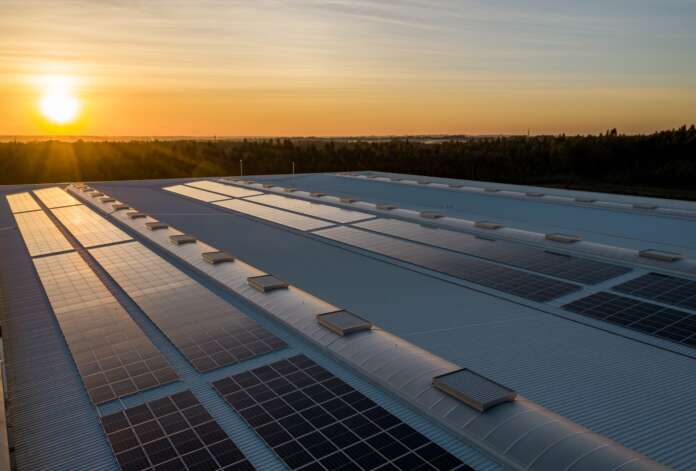The European Commission has approved a 1.1 billion euro Hungarian scheme to support electricity storage facilities to foster the transition to a net-zero economy. The scheme was approved under the State Aid Temporary Crisis and Transition Framework, adopted by the Commission on 9 March 2023 to support measures in sectors which are key to accelerating the green transition and reducing fuel dependencies in the context of Russia’s war against Ukraine.
The scheme will support the installation of at least 800 megawatts (MW)/1600 megawatt-hours (MWh) of new electricity storage facilities. The scheme aims at enhancing the flexibility of the Hungarian electricity system by supporting storage investments to facilitate the smooth integration of high-capacity variable renewable energy sources in the Hungarian electricity system.
“This 1.1 billion euros Hungarian measure will facilitate the development of electricity storage capacity,” said Margrethe Vestager, Executive Vice-President in charge of competition policy. “The Hungarian electricity system will be more flexible. The preparation for a higher integration of renewables into the electricity mix, is in line with EU climate and energy targets.”
The measure will be open to companies active in the energy sector in Hungary, with the exception of financial institutions. It will also be open to cross-border participation (for example, storage facilities in neighbouring Member States), within the limits of available transmission capacity and taking into account the share of renewables in the energy mix of neighbouring Member States. All storage technologies will be eligible.
The storage projects to be supported under the scheme will be selected through a competitive bidding process. The award of the grant contracts to the selected projects is planned to take place before the end of 2024.
The aid will be granted in two cumulative forms: an investment grant, which will be paid during the construction phase of the supported projects; and support in the form of a two-way contract for difference (CfD) to be paid annually during the 10 first years of the operations phase of the supported projects.
The investment grant will be partly financed by the Recovery and Resilience Facility and partly by the Modernisation Fund, while the 10-year annual support will be financed through a levy.



